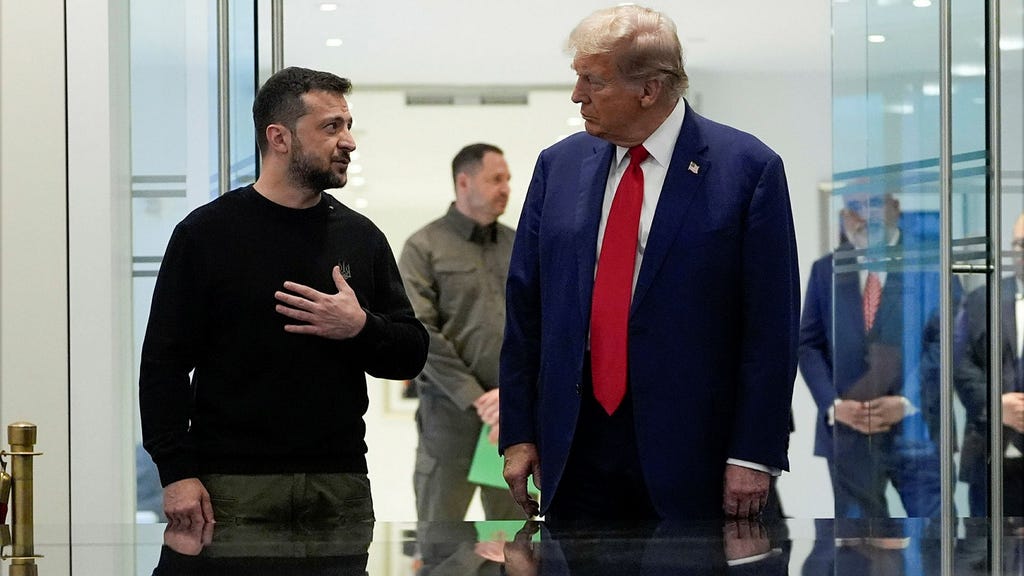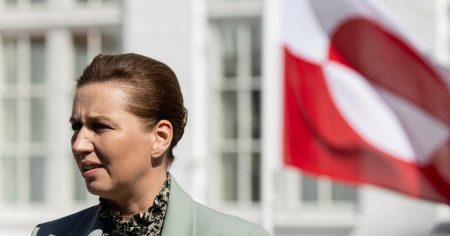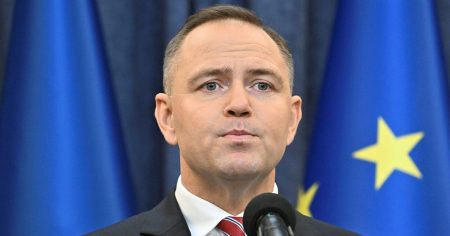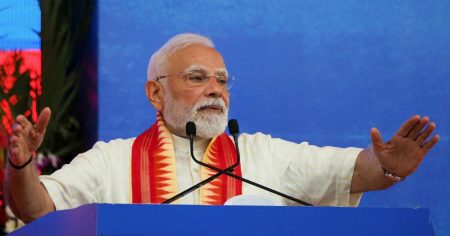Ukraine’s diplomatic efforts to court former US President Donald Trump ahead of anticipated peace negotiations with Russia have taken a surprising turn, marked most notably by his nomination for the Nobel Peace Prize. This audacious move, while raising eyebrows internationally, highlights the complex calculus driving Ukrainian diplomacy as it navigates the precarious path towards a resolution with Russia. Ukraine’s strategy appears to be predicated on the belief that influencing Trump, a figure still holding considerable sway within the Republican party and potentially a future presidential candidate, is crucial for securing a favorable outcome in any future negotiations. While the effectiveness of this charm offensive remains to be seen, it underscores the high-stakes game Ukraine is playing in its pursuit of peace.
The nomination for the Nobel Peace Prize, a prestigious accolade typically associated with individuals who have made significant contributions to international peace and security, appears, at first glance, a puzzling choice. Trump’s foreign policy during his presidency was characterized by a departure from traditional diplomatic norms, including strained relationships with key allies and a transactional approach to international affairs. However, seen through the lens of Ukrainian realpolitik, the nomination can be interpreted as a strategic gambit aimed at leveraging Trump’s known susceptibility to flattery and his publicly expressed desire to quickly resolve the conflict in Ukraine. The move also carries potential domestic implications within the United States, potentially influencing public opinion and putting pressure on the current Biden administration to engage more actively in negotiations.
This strategy carries significant risks for Ukraine. Aligning itself too closely with a controversial figure like Trump could alienate key allies who hold drastically different views on his leadership and approach to international relations. Furthermore, it could embolden Russia, potentially leading to more aggressive tactics at the negotiating table. Russia might perceive this alignment as a sign of division within the Western alliance, which they could exploit to their advantage. Lastly, this overt courtship of Trump, if unsuccessful in achieving its intended outcome, may damage Ukraine’s international standing and credibility, particularly if it is seen as compromising its values for short-term political gain.
However, from Ukraine’s perspective, the potential rewards may outweigh the risks. A Trump-mediated negotiation could potentially lead to a faster resolution of the conflict, a vital objective for a nation ravaged by war. Trump’s stated willingness to engage directly with Putin, bypassing traditional diplomatic channels, is seen by some as a potential pathway to a ceasefire, even if the terms are not entirely favorable to Ukraine. Furthermore, a successful charm offensive could unlock significant financial and military aid from a potential future Trump administration, resources critical for Ukraine’s long-term recovery and security. This perspective, undoubtedly controversial, highlights the desperation of a nation grappling with an existential threat, willing to explore unconventional strategies for survival.
Expert opinion on the likelihood of Ukraine’s strategy succeeding is divided. Some analysts, like Jan Hallenberg, believe that Trump’s susceptibility to flattery makes him a receptive audience for such overtures. They argue that his ego-driven approach to foreign policy could be exploited by Ukraine to achieve its objectives. Others remain skeptical, pointing to Trump’s unpredictable nature and his history of shifting alliances. They contend that even if successful in initially garnering Trump’s favor, Ukraine might find it difficult to maintain his support in the long term, particularly if the negotiations become protracted or complex.
Ultimately, the effectiveness of Ukraine’s charm offensive will depend on a multitude of factors, including the evolving political landscape in both the United States and Russia, the dynamics of the conflict itself, and the reactions of other key international players. It remains a high-stakes gamble with uncertain outcomes, underscoring the challenging choices faced by Ukraine as it seeks a path to peace. The international community will be watching closely as this diplomatic dance unfolds, aware of the potential ramifications for global security and the future of international relations. The success or failure of this strategy could well set a precedent for how nations navigate conflict resolution in an increasingly polarized world, emphasizing the role of personality and political maneuvering in shaping the destinies of nations.














